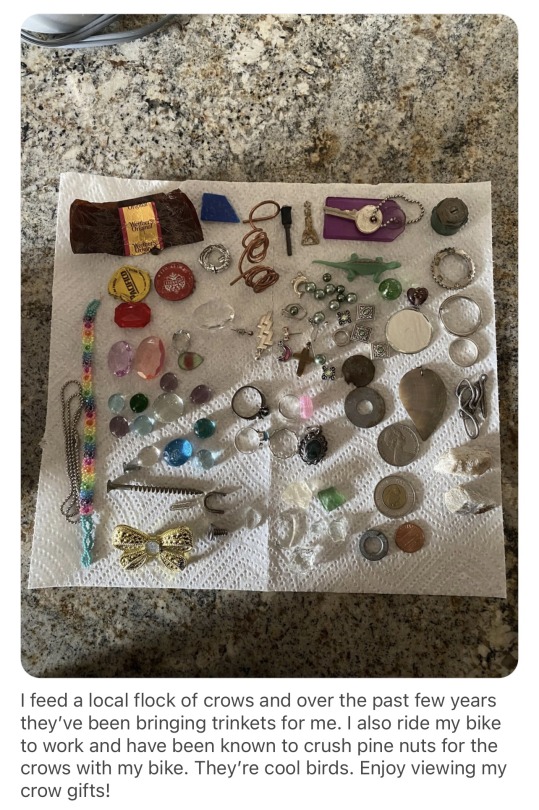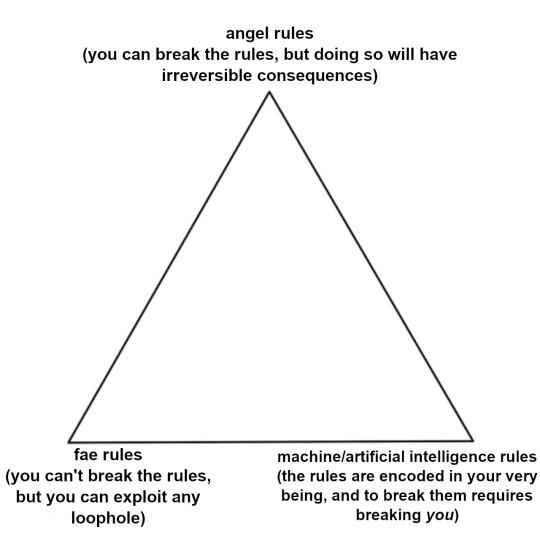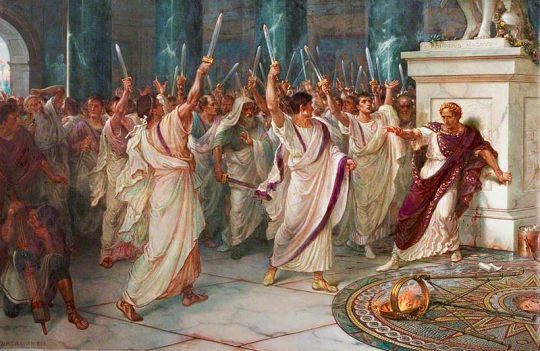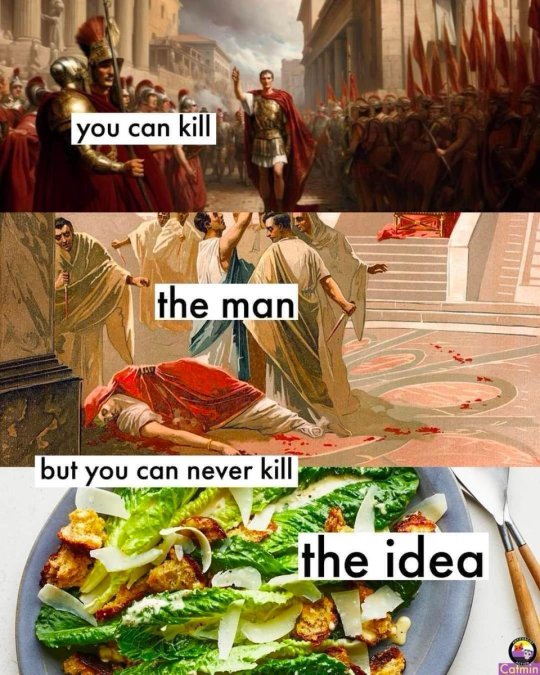// Ranger’s Apprentice/Unwanteds/Deltora Quest lover // fantasy writer // current WIP: Darkness Rising //
Don't wanna be here? Send us removal request.
Text

So fucking jealous of this guy just look at this haul. God
12K notes
·
View notes
Text
a list of 100+ buildings to put in your fantasy town
academy
adventurer's guild
alchemist
apiary
apothecary
aquarium
armory
art gallery
bakery
bank
barber
barracks
bathhouse
blacksmith
boathouse
book store
bookbinder
botanical garden
brothel
butcher
carpenter
cartographer
casino
castle
cobbler
coffee shop
council chamber
court house
crypt for the noble family
dentist
distillery
docks
dovecot
dyer
embassy
farmer's market
fighting pit
fishmonger
fortune teller
gallows
gatehouse
general store
graveyard
greenhouses
guard post
guildhall
gymnasium
haberdashery
haunted house
hedge maze
herbalist
hospice
hospital
house for sale
inn
jail
jeweller
leatherworker
library
locksmith
mail courier
manor house
market
mayor's house
monastery
morgue
museum
music shop
observatory
orchard
orphanage
outhouse
paper maker
pawn shop
pet shop
potion shop
potter
printmaker
quest board
residence
restricted zone
sawmill
school
scribe
sewer entrance
sheriff's office
shrine
silversmith
spa
speakeasy
spice merchant
sports stadium
stables
street market
tailor
tannery
tavern
tax collector
tea house
temple
textile shop
theatre
thieves guild
thrift store
tinker's workshop
town crier post
town square
townhall
toy store
trinket shop
warehouse
watchtower
water mill
weaver
well
wind mill
wishing well
wizard tower
#worldbuilding#setting prompts#writer resources#writing inspiration#writing prompts#scene settings#writing reference#writing ideas#prompt list#creative writing
100K notes
·
View notes
Text
Some of my favorite words and phrases to describe a character in pain
coiling (up in a ball, in on themselves, against something, etc)
panting (there’s a slew of adjectives you can put after this, my favorites are shakily, weakly, etc)
keeling over (synonyms are words like collapsing, which is equally as good but overused in media)
trembling/shivering (additional adjectives could be violently, uncontrollably, etc)
sobbing (weeping is a synonym but i’ve never liked that word. also love using sob by itself, as a noun, like “he let out a quiet sob”)
whimpering (love hitting the wips with this word when a character is weak, especially when the pain is subsiding. also love using it for nightmares/attacks and things like that)
clinging (to someone or something, maybe even to themselves or their own clothes)
writhing/thrashing (maybe someone’s holding them down, or maybe they’re in bed alone)
crying (not actual tears. cry as in a shrill, sudden shout)
dazed (usually after the pain has subsided, or when adrenaline is still flowing)
wincing (probably overused but i love this word. synonym could be grimacing)
doubling-over (kinda close to keeling over but they don’t actually hit the ground, just kinda fold in on themselves)
heaving (i like to use it for describing the way someone’s breathing, ex. “heaving breaths” but can also be used for the nasty stuff like dry heaving or vomiting)
gasping/sucking/drawing in a breath (or any other words and phrases that mean a sharp intake of breath, that shite is gold)
murmuring/muttering/whispering (or other quiet forms of speaking after enduring intense pain)
hiccuping/spluttering/sniffling (words that generally imply crying without saying crying. the word crying is used so much it kinda loses its appeal, that’s why i like to mix other words like these in)
stuttering (or other general terms that show an impaired ability to speak — when someone’s in intense pain, it gets hard to talk)
staggering/stumbling (there is a difference between pain that makes you not want to stand, and pain that makes it impossible to stand. explore that!)
recoiling/shrinking away (from either the threat or someone trying to help)
pleading/begging (again, to the threat, someone trying to help, or just begging the pain to stop)
Feel free to add your favorites or most used in the comments/reblogs!
#writing angst#creative writing#writers#writing#writing tips#writeblr#writers on tumblr#writing community#writerslife
43K notes
·
View notes
Text
The symbolism of flowers
Flowers have a long history of symbolism that you can incorporate into your writing to give subtext.
Symbolism varies between cultures and customs, and these particular examples come from Victorian Era Britain. You'll find examples of this symbolism in many well-known novels of the era!
Amaryllis: Pride
Black-eyed Susan: Justice
Bluebell: Humility
Calla Lily: Beauty
Pink Camellia: Longing
Carnations: Female love
Yellow Carnation: Rejection
Clematis: Mental beauty
Columbine: Foolishness
Cyclamen: Resignation
Daffodil: Unrivalled love
Daisy: Innocence, loyalty
Forget-me-not: True love
Gardenia: Secret love
Geranium: Folly, stupidity
Gladiolus: Integrity, strength
Hibiscus: Delicate beauty
Honeysuckle: Bonds of love
Blue Hyacinth: Constancy
Hydrangea: Frigid, heartless
Iris: Faith, trust, wisdom
White Jasmine: Amiability
Lavender: Distrust
Lilac: Joy of youth
White Lily: Purity
Orange Lily: Hatred
Tiger Lily: Wealth, pride
Lily-of-the-valley: Sweetness, humility
Lotus: Enlightenment, rebirth
Magnolia: Nobility
Marigold: Grief, jealousy
Morning Glory: Affection
Nasturtium: Patriotism, conquest
Pansy: Thoughtfulness
Peony: Bashfulness, shame
Poppy: Consolation
Red Rose: Love
Yellow Rose: Jealously, infidelity
Snapdragon: Deception, grace
Sunflower: Adoration
Sweet Willian: Gallantry
Red Tulip: Passion
Violet: Watchfulness, modesty
Yarrow: Everlasting love
Zinnia: Absent, affection
#i love flower symbolism so much#writers#creative writing#writing community#writing#writers of tumblr#writing inspiration#creative writers#writeblr#writerblr#writing tips
59K notes
·
View notes
Text

been thinking about fantasy/scifi rule systems and free will
196K notes
·
View notes
Text
Good Traits Gone Bad
Exploring good traits gone bad in a novel can add depth and complexity to your characters. Here are a few examples of good traits that can take a negative turn:
1. Empathy turning into manipulation: A character with a strong sense of empathy may use it to manipulate others' emotions and gain an advantage.
2. Confidence becoming arrogance: Excessive confidence can lead to arrogance, where a character belittles others and dismisses their opinions.
3. Ambition turning into obsession: A character's ambition can transform into an unhealthy obsession, causing them to prioritize success at any cost, including sacrificing relationships and moral values.
4. Loyalty becoming blind devotion: Initially loyal, a character may become blindly devoted to a cause or person, disregarding their own well-being and critical thinking.
5. Courage turning into recklessness: A character's courage can morph into reckless behavior, endangering themselves and others due to an overestimation of their abilities.
6. Determination becoming stubbornness: Excessive determination can lead to stubbornness, where a character refuses to consider alternative perspectives or change their course of action, even when it's detrimental.
7. Optimism becoming naivety: Unwavering optimism can transform into naivety, causing a character to overlook dangers or be easily deceived.
8. Protectiveness turning into possessiveness: A character's protective nature can evolve into possessiveness, where they become overly controlling and jealous in relationships.
9. Altruism becoming self-neglect: A character's selflessness may lead to neglecting their own needs and well-being, to the point of self-sacrifice and burnout.
10. Honesty becoming brutal bluntness: A character's commitment to honesty can turn into brutal bluntness, hurting others with harsh and tactless remarks.
These examples demonstrate how even admirable traits can have negative consequences when taken to extremes or used improperly. By exploring the complexities of these traits, you can create compelling and multi-dimensional characters in your novel.
Happy writing!
#character traits#writing#writing tips#character development#writer on tumblr#writerscommunity#writer tumblr#writblr#writing advice
57K notes
·
View notes
Text
Well, folks, I finally found one good reason for having too much emotion at times—according to my fellow writers in my English class, I’m really good at depicting emotion
#i mean#i guess it’s a bonus#writeblr#writing#writers on tumblr#writing community#writerslife#writblr#creative writing
3 notes
·
View notes
Text
characters recognising a doppelganger/evil twin/shapeshifting imposter because they know the original so well is such a good trope
100K notes
·
View notes
Text
Important question: is your character “I have bore a thousand storms and can bear a thousand more” stoic or “I have bore a thousand storms and my foundations are crumbling, my walls are trembling, my structure is unsound and one more might prove to be my fall” stoic?
1K notes
·
View notes
Text
No one:
Tumblr users at 00:00 on March 15th:

108K notes
·
View notes
Text
What's the trope name for when someone finds out they're the Chosen One(tm) and is like "No, thank you" and goes and does something else
142K notes
·
View notes
Text
One of my options this semester was to join a creative writing class, and well, here we are. Currently instructors are having us work on poetry which is not my forte, but I was low-key proud of this prose poem we had to do
(It is in fact based off of Dusk, my protag)
My brother, my shame. My sister, my hope. My mother, my hatred, and my father, my secrecy. We are devised and molded of pieces from those we are bonded to whether we want it or not. I did not ask for the burden upon my shoulders and yet I have received it regardless. I look into the mirror and I see not my face, but theirs, watching my every move, judging my every word. I see the paint that has been plastered onto my body. I am not my own person. I look to those who have gone before me and those who stand beside me. I listen to the voices that whisper in my head and to the ones that speak to my face. I am a puppet, chained by the Light above and by the Dark below. Every choice I make impacts everyone I cross paths with, and always I wonder not what I would do, but what others would do. My brother and his cutthroat certainty. My sister and her hard-learned perseverance. My mother and her deep-sunken dagger. My father and his sparse words. I am their hope and their creation, their wish of what they wanted to become. I am given the task of being what I need to be, not what I want to be. What do I want to be? I do not think I will ever know. As long as these strings are tied to my wrists, I will forever dance to the song the Light has chosen for me.
2 notes
·
View notes
Text
Uncover your character's hidden layers by exploring their contradictions
Just like real people, fictional characters are complex beings with conflicting desires, fears, and motivations. Explore the dualities within your character—reveal the brave face that conceals vulnerability, the kind soul with a dark secret. Embrace the tension between their strengths and weaknesses. Readers connect with characters who feel genuine and multi-dimensional. So, let your characters surprise both you and your audience. Whether it's a hero with a flaw or a villain with a redeeming quality, the richness of contradiction adds depth, making your characters unforgettable and relatable.
#writing tips#writing advice#character development#writers on tumblr#writeblr#creative writing#fiction writing#writerscommunity#writing#writing help
747 notes
·
View notes
Text
Basic Tips to Improve Your Writing
I used to read a lot of unprofessional writing online, and through that endeavor, I started mentally compiling different qualities that turned me off to people's work right away. I'm sharing some of my thoughts about ways to improve your writing so others don't click off your work right away!
-Change paragraphs when different characters are speaking.
-In that same thread, remember to make new paragraphs and not have one giant block of text. This isn't only discouraging for some readers, but actually physically impossible to read for those who are visually impaired.
-Learn grammar. Sorry, but there is no way around this one. For example, commas aren't just for aesthetic appeal or your personal choice, and it will turn some readers away if your writing is littered with grammatical errors. You can't break the rules for creative purposes if you don't even know them, and the difference is generally apparent.
-Remember the narration style you've chosen. For example, if you're writing in third person limited, you can't think outside the mind of your main character. Don't jump suddenly to the thoughts of other characters or an all-knowing, omniscient voice.
-Slow down. Each word matters, so try not to think of writing as "I must get from Point A to Point B," but "I must get from Point A to Point B beautifully."
-Avoid repeating the same word or phrase too much, especially within the same paragraph. There are exceptions in dialogue, of course. (It's sweet when writers acquire their own personalized phrasings that mark their voice, but I have turned away from works where the exact same line just kept coming up again and again).
-Don't forget about setting. You might be able to imagine where your characters are, but no one else can if you don't let them know.
-Use a consistent verb tense.
-Your characters are not you and generally shouldn't always be mouthpieces for you to share your own values and thoughts.
-Your characters should sound distinctly different from each other, including their talking styles.
-Don't bog the reader down with too much description, and make sure the description you do have is realistic. Think about it. In the morning, do you wake up, go to the mirror, and think to yourself, "I looked at my shaggy dark hair and emerald green eyes"? Nobody thinks that way about their own appearance, and it feels like a forced way to let the reader know what the main character looks like.
-There's no need to start tossing out every character trait if it's not relevant to the story.
-Last, show some passion and excitement for your own work. Make sure the language embodies that passion because if you don't even care about your writing, who will?
2K notes
·
View notes
Text
7 Ways to Hook Your Readers
How do you start a story? Why, you start it with a hook! A hook is something that intrigues the reader and has them enthralled. Sometimes, the first sentence is the hardest one to form, so here, I'll give you some examples on how to hook your audience into your story!
>>> A question: This is a pretty well-known tactic: starting off with a question for your reader has them thinking how they'd answer; hence, pulling them further into your work. If you want, your character can answer the question too! However, the question must be relevant to your story.
>>> A idiom/quote/saying: Sayings are commonly used, though one can find them controversial at times. Regardless, the majority of people understand what the meaning behind them are; and because of that factor, along with its popular usage, proverbs quickly attract readers' attention while giving some insight to your character.
>>> One-word starter: This one is pretty simple, and if you really don't have any ideas, maybe give this one a shot! The hook is simply one word (or even a short phrase) that portrays a strong part of your character. Its out-of-context and vagueness trigger interest in your reader.
>>> Starting action: Like the one-word starter, this hook seems contextless, but it's a quick way to captivate your reader and have the suspense emerge! Example: "Blood covered the ground like a thin blanket, staining the once-clean quartz with a shade of scarlet. A pair of depthless eyes seemed to burn a hole into the last person in the room; a messy, pitiful, scrambling figure."
>>> Dialogue: By now, it should be obvious that your hook should be enthralling and evoke interest in your reader. Opening with compelling dialogue can help introduce the plot and characters of your story!
>>> Interesting Introduction: Is there something special about your character? Introductions can be difficult to sneak in, but not when it's a hook! Make a short description consisting of several defining traits of your character, and be sure to add the special thing about your character as a twist to snag your reader's attention! Additionally, you can be creative with this! An introduction doesn't have to come from your main character, it can come from another character describing the protagonist!
>>> Setting: Does the setting have a strong influence on the story? Even if it doesn't, beginning with a descriptive setting can slowly captivate your audience!
Alright! These are seven ways to hook your reader: a question, a saying, one-word, action, dialogue, an introduction, and a setting! Of course, there are many more ways, so explore around!
Happy writing~
3hks :)
#writing tips#creative writing#writing blog#how to write#writing advice#writing tips and tricks#writing fiction#writing help#author tips#author advice
1K notes
·
View notes

